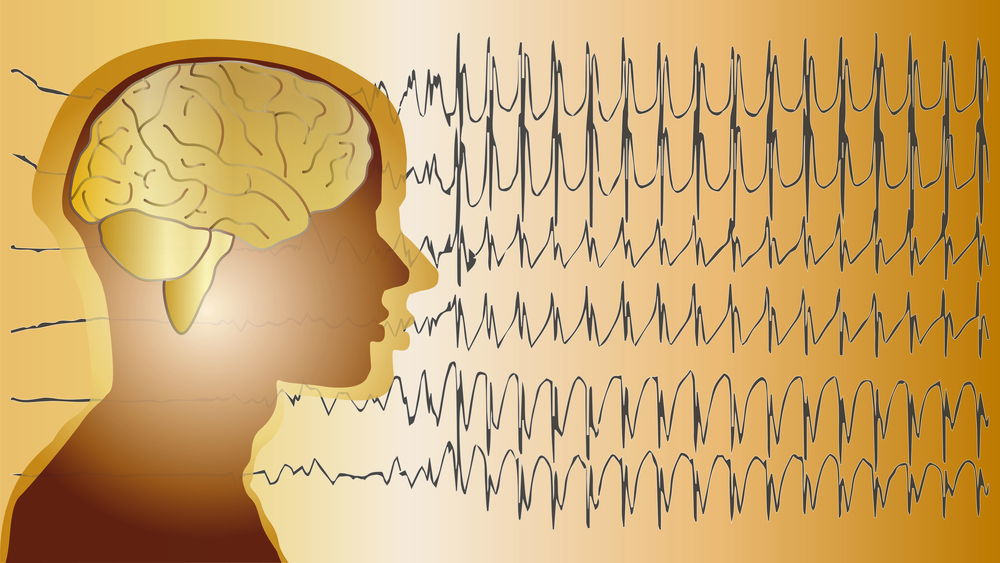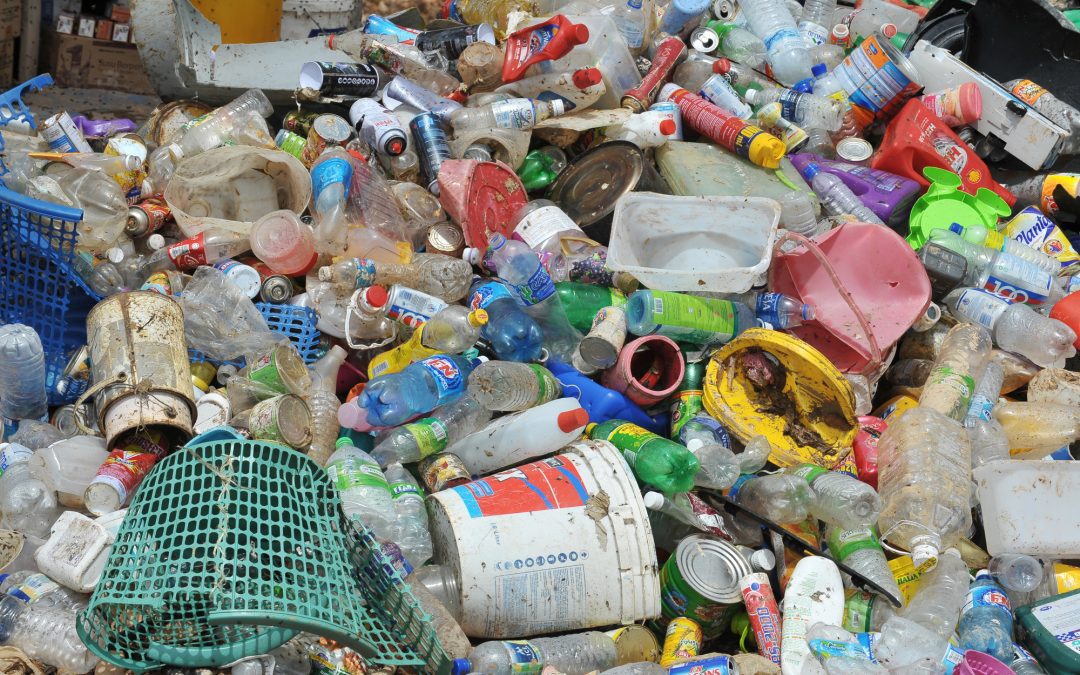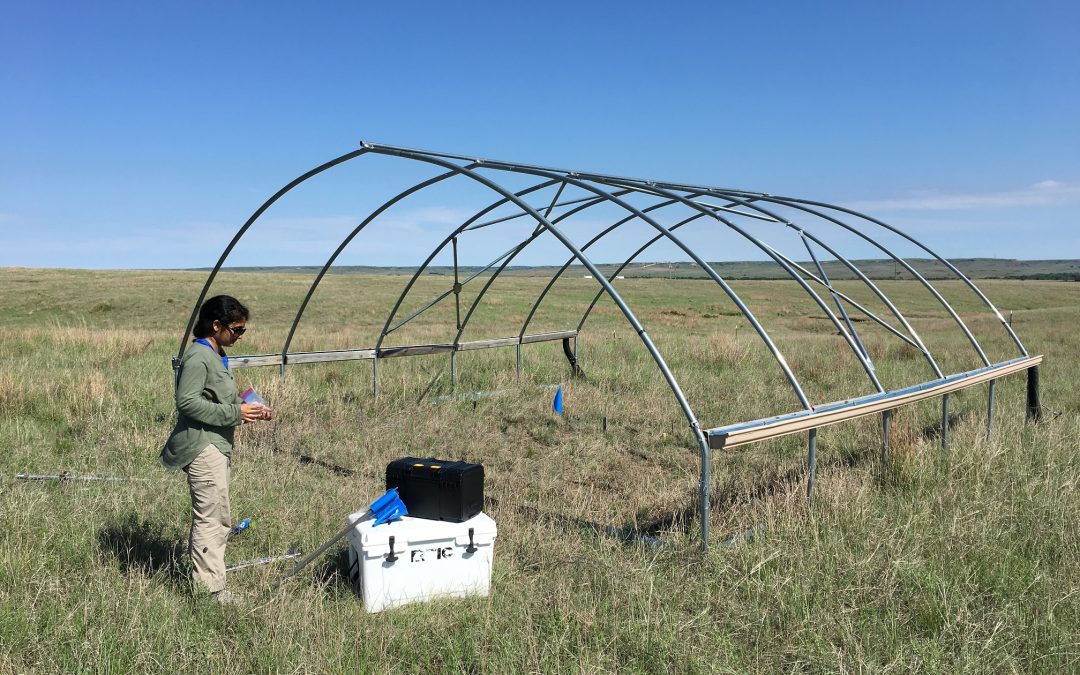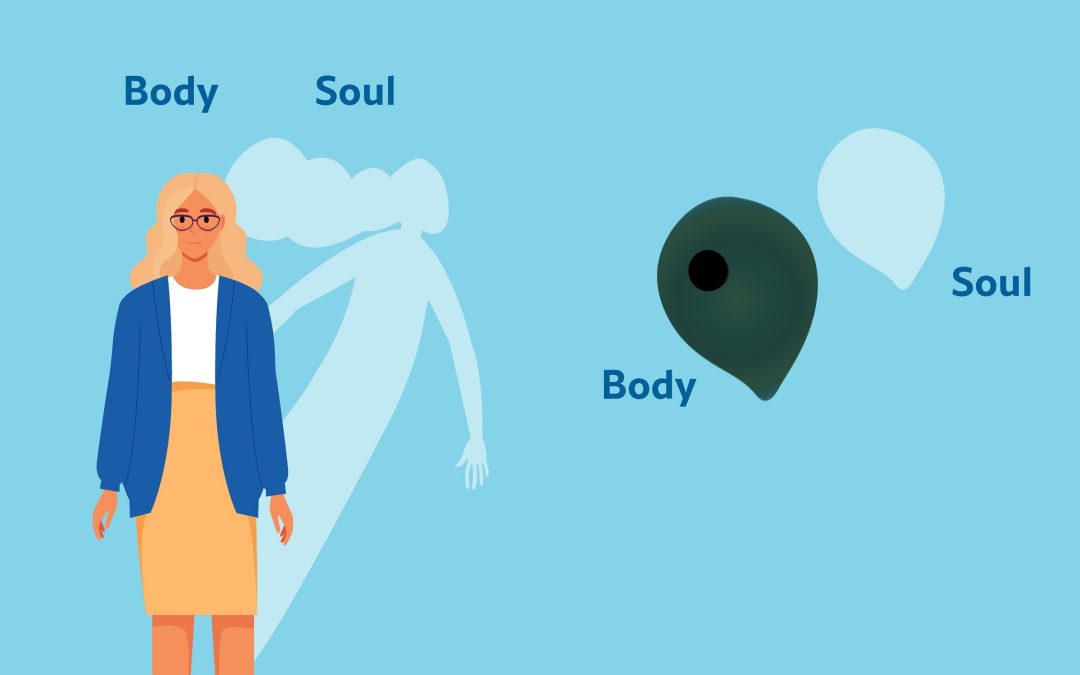
by admin | Jul 10, 2024 | biology, health and medicine
Developing therapies to effectively treat cancerous tumors is challenging, due to the hostility of the tumor microenvironment and the potential to unintentionally damage surrounding tissues. Infusions of immune cells can improve immune function and assist the body in fighting disease, although this approach increases the risk of inducing dangerous inflammatory responses. Dr. Archana Thakur and her colleagues at the Universities of Virginia and Pennsylvania have engineered a pioneering immunotherapy system that precisely targets cancerous cells. This new immunotherapy poses minimal risk of adverse reactions, and can be used against a wide range of tumor types.

by admin | Jul 3, 2024 | biology, health and medicine
Vitamin D has been studied as a treatment for a large number of diseases and conditions, from cancer to autism to COVID-19. However, its mode of action is not completely understood. Professor Ralf Herwig carries out his research at HG Pharma GmbH (Austria) and Ulster University (UK). His vital work explores the role of vitamin D in the body with a view to unlocking its potential as a treatment for a variety of health conditions involving the immune system.

by admin | Jun 1, 2024 | biology, health and medicine
During brain development, anomalies may arise which lead to serious conditions such as epilepsy, triggering seizures and requiring lifelong monitoring and medication. However, the underlying causes and the way in which these defects occur are not completely understood. Dr Katty (Jing-Qiong) Kang and colleagues at Vanderbilt University Medical Centre in the USA have conducted extensive research into the molecular mechanisms associated with developmental brain disorders, with a focus on genetic epilepsy. They propose novel therapeutic targets to effectively manage symptoms and improve clinical outcomes by targeting the root cause.

by admin | Sep 13, 2023 | biology, earth and environment
Plastic pollution is accelerating the destruction of our planet. Discarded plastic can be found in the remotest areas – from the highest mountain tops to the deepest ocean trenches. As many types of plastic take hundreds of years to break down, finding better solutions to the plastic crisis is vital. In recent research, Dr Jay Mellies from Reed College in Oregon examines the ability of microbes to break down mixed-plastic waste.

by admin | Sep 7, 2023 | biology, earth and environment
Both the frequency and intensity of droughts are forecast to increase in climate change predictions. It is well established that plant communities are sensitive to drought conditions, having implications for agriculture, forestry, and wild habitats. Despite the close association between soil fungi and plants, our understanding of how fungal communities respond to drought remains incomplete. To build this understanding, Dr Ari Jumpponen and his colleagues at Kansas State University used a combination of pure culture- and DNA-based techniques to study soil fungal communities exposed to chronic drought conditions.

by admin | Sep 6, 2023 | biology
The idea that human beings have souls that leave their body after death is an essential part of most religions and spiritual beliefs. However, this has been very difficult to prove scientifically. Benjamin Scherlag, Ronald Scherlag, Tarun Dasari and Sunny Po at the University of Oklahoma Health Science Centre recently investigated the existence of a soul by conducting a series of scientific studies. They carried out these experiments on a dwarf form of the organism Stentor coeruleus, which is known for its regenerative abilities.






